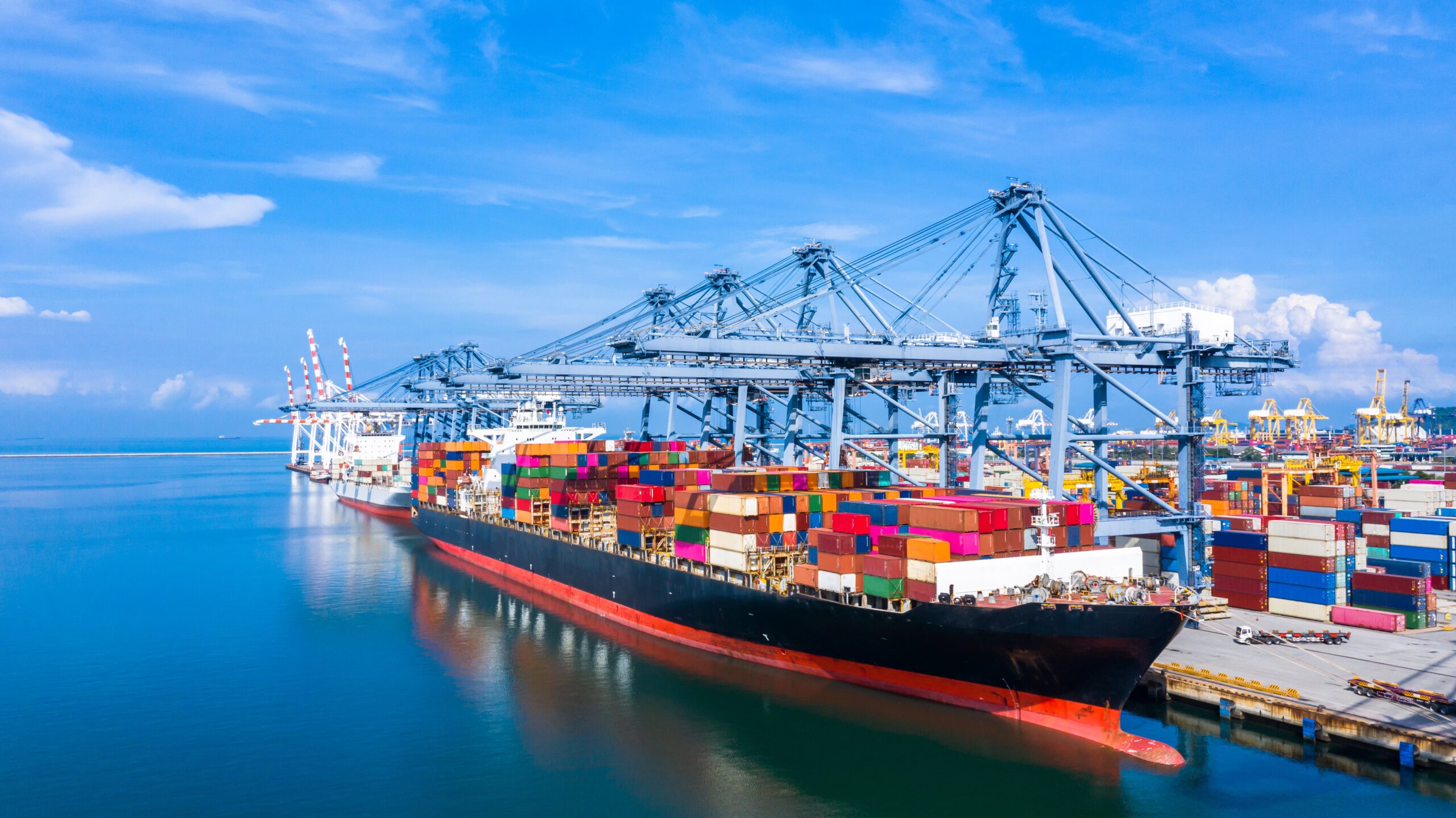Acquiring a South Africa import license for Chinese goods is a crucial step for businesses aiming to enter the South African market. Whether you’re an importer looking to bring in electronics, textiles, or machinery, understanding how to get South Africa import license for Chinese goods ensures compliance with local regulations and a smooth import process. This guide outlines the essential steps and requirements to help you obtain the necessary license efficiently.
1. Determine if You Need an Import License
Check Product Regulations
Not all goods require an import license in South Africa. Consult the South African Revenue Service (SARS) regulations and the Harmonized System (HS) codes for your products. For example, certain agricultural products, pharmaceuticals, and restricted chemicals need specific licenses, while common consumer goods may not.
Identify Prohibited and Restricted Items
Familiarize yourself with the list of prohibited and restricted items. Goods like ivory, certain types of wildlife products, and some weapons are strictly prohibited. Restricted items, such as second-hand vehicles, may require additional approvals and documentation.
2. Register Your Business in South Africa
Obtain a Company Registration Number
If you haven’t already, register your business with the Companies and Intellectual Property Commission (CIPC) in South Africa. This involves submitting the necessary incorporation documents, such as the memorandum of incorporation and identity documents of directors. Once approved, you’ll receive a company registration number, which is essential for the import license application.
Register for Tax and VAT
Register your business for tax purposes with SARS and apply for a Value-Added Tax (VAT) number. This step ensures that you comply with South Africa’s tax regulations and allows you to conduct business transactions legally.
3. Gather Required Documentation
Prepare Commercial Documents
Collect essential commercial documents, including a detailed commercial invoice that lists the product description, quantity, value, and origin of the Chinese goods. You’ll also need a packing list, a bill of lading or airway bill, and a certificate of origin. The certificate of origin proves that the goods are from China and may be required for tariff calculations and preferential trade agreements.
Provide Product-Specific Documents
For certain products, additional documentation may be needed. For instance, if importing electronics, you may need to provide safety certificates and compliance reports. If it’s food products, certificates of analysis and hygiene certificates are often required.
4. Apply for the Import License
Submit the Application
You can apply for the import license through the SARS e-Filing system or at a local SARS office. Fill out the application form accurately, providing all the required information and attaching the necessary documents. Make sure to double-check the form for any errors or omissions before submission.
Pay the Application Fees
There are application fees associated with obtaining an import license. The amount varies depending on the type of goods and the nature of the import. Pay the fees as specified by SARS, either online or at the office, and keep the payment receipt for your records.
5. Track the Application Process
Monitor the Status
After submitting the application, you can track its status through the SARS e-Filing system. This allows you to stay informed about the progress and any additional requirements or clarifications needed from SARS. Be prepared to respond promptly to any requests to avoid delays.
Follow Up if Necessary
If there are no updates within the expected processing time, don’t hesitate to follow up with SARS. You can contact their customer service or the relevant department handling import licenses to inquire about the status and seek assistance if needed.
6. Comply with Post-License Requirements
Maintain Records
Keep all documents related to the import license, including the application, approval, and any correspondence with SARS. These records are important for future audits and compliance checks.
Adhere to Import Conditions
If your import license has specific conditions, such as restrictions on the quantity or end-use of the goods, make sure to comply with them. Failure to do so can result in penalties, including fines and the revocation of the import license.
In conclusion, learning how to get South Africa import license for Chinese goods involves careful planning, accurate documentation, and strict compliance with regulations. By following these steps and ensuring all requirements are met, you can successfully obtain the import license and smoothly import Chinese goods into South Africa. Whether you’re a new importer or looking to expand your business, this guide will help you navigate the process with confidence.Utilize China Top Freight to help solve the problems you are facing. Contact us today to embark on your smooth transportation journey!


